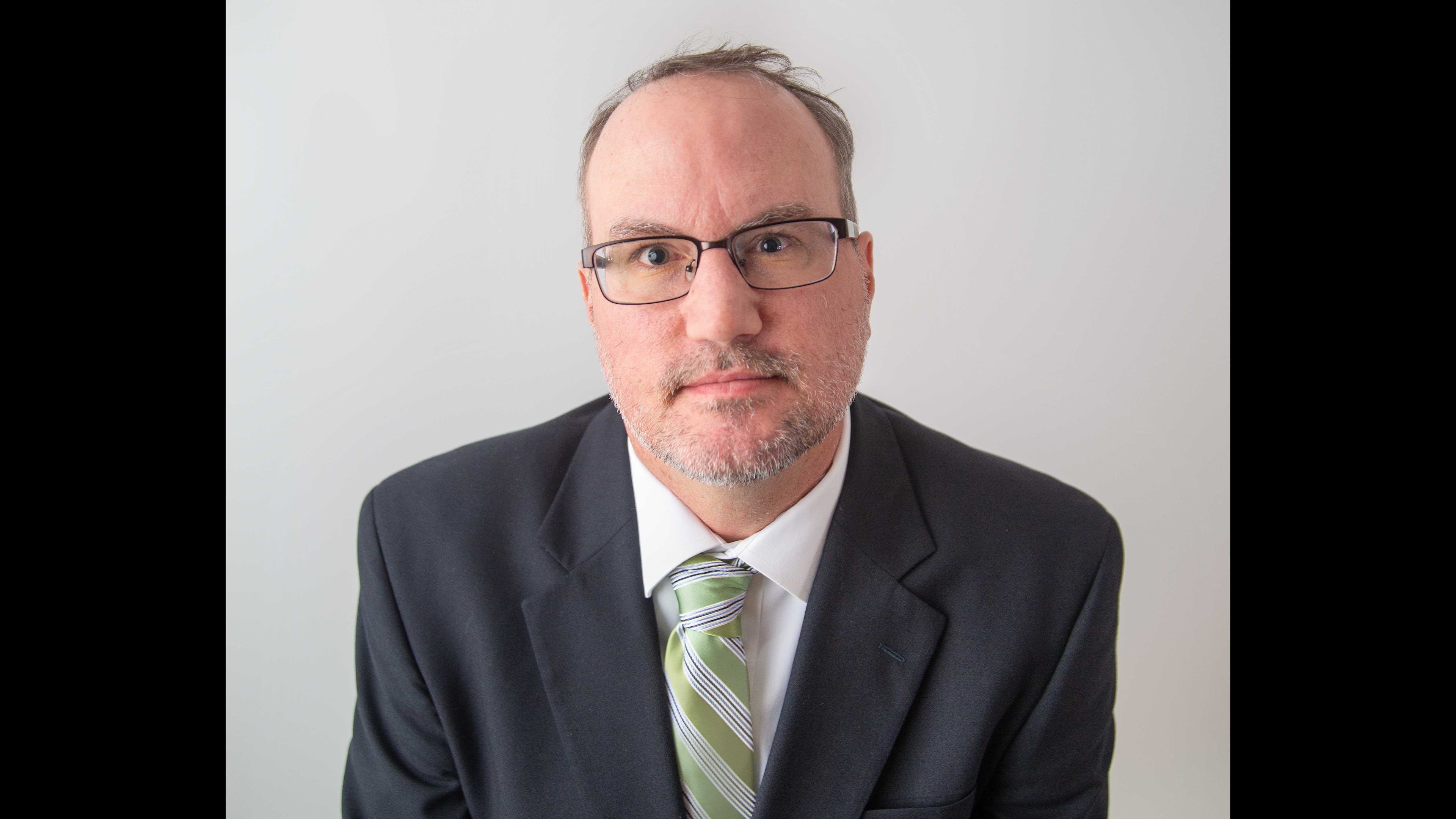Georgia faculty survey fairly captured concerns about academic freedom

Two colleagues who serve with me on the University System of Georgia Faculty Council, a collection of faculty leaders from all system schools, last week criticized the American Association of University Professors Faculty in the South survey I helped to organize. Results including more than 800 responses from Georgia were released on Sept. 4.
The first criticism is the response rate: “Such a narrow snapshot cannot credibly represent the views of an entire system.” A systemwide survey is nearly impossible for several reasons. But I did ask those colleagues who serve on the council to share the survey with their campuses. I never was told they did. One can’t complain about the response rate when they could have improved it. And many major political polls have very low response rates, some as low as 3%.
The response rate criticism is linked to the claim that those who felt unaffected by attacks on higher education or are satisfied at their job had little incentive to reply. Many people in those two categories responded to the survey as only one-quarter said they had applied for jobs outside Georgia. An overwhelming majority said they planned to stay in academia long-term. That is a far cry from evidence of self-selection or nonresponse bias. Surveys are snapshots in time but if my colleagues want to ask different questions, they are welcome.
They also assume it seems that if the survey had more responses, the percent of negative responses would decrease. We may never know. On that note, I think it’s odd that the USG hasn’t offered such a survey. Maybe they don’t want any negative feedback.

On methodology, while the survey relied on volunteer respondents, I sent the survey to a database of faculty emails from all USG schools. While I can’t guarantee every faculty member read that email, the group of possible respondents was very wide. I hardly relied on only the advocacy network I lead.
My survey also echoes others with different methods. A survey by the national AAUP released in January used an extensive sampling, non-volunteer method. It asked similar questions to my Georgia survey. It found that in states that passed so-called “divisive concepts” legislation like those across the South 16% of faculty are considering leaving for a college or university in another state. The Georgia survey found 20%. That shows the Georgia survey is hardly an outlier.
The survey results have gotten ample media coverage in Texas and other states. And many scholars have requested the full database of responses. Some have even cited the surveys in their research. While limitations are always present for any survey, the results offer compelling data to many in and outside of academia.
The other criticism is that the respondents were mainly tenured. This is a strange criticism from the same people who said the survey didn’t represent the views of USG faculty because USG data show of the 13,000 faculty in the system about 60% are tenured.
A related criticism is that the survey left out the growing segment of faculty who can’t ever be tenured. Let’s hear survey responses from some of those people. One said that the burden of posting syllabuses publicly “creates a fear of assigning certain content, and doesn’t allow for much course revision as the class goes on.” This “mismatch” between a syllabus and a course catalog description got this month a Texas lecturer who had no tenure protections fired. Another wrote: “It’s exhausting to know that one offended student could be enough to end my career.”
The last criticism is that the survey’s headline of a climate of fear doesn’t represent the USG because Chancellor Sonny Perdue said the system promotes free speech and academic freedom. A Columbus State professor last week was pressured by his administration to step down from an endowed position because of social media comments he made about the death of Charlie Kirk. That is hardly a ringing endorsement for free speech on campus. The survey also asked for the first time this year if respondents had syllabuses or curriculum choices questioned by administrators. Almost 20% of respondents said yes. That is hardly a ringing endorsement of the USG’s commitment to academic freedom.
Also, the USG has joined with other Southern states to form its own accreditation group, a “state-run” referee whereas accreditation should be independent. That new group aims to dilute academic freedom through the promotion of the conservative canard of “viewpoint diversity.” And tenure is absent from its standards.
The fear of this group is part of the overall broad political climate in Georgia that respondents to the survey name as a top cause for their desire to leave. The survey has clear value and I hope next year even more faculty respond.
Matthew Boedy is an associate professor of rhetoric and composition at the University of North Georgia and conference president of the Georgia chapter of the American Association of University Professors, a national organization that represents the interests of college and university faculty members.
If you have any thoughts about this item, or if you’re interested in writing an op-ed for the AJC’s education page, drop us a note at education@ajc.com.


